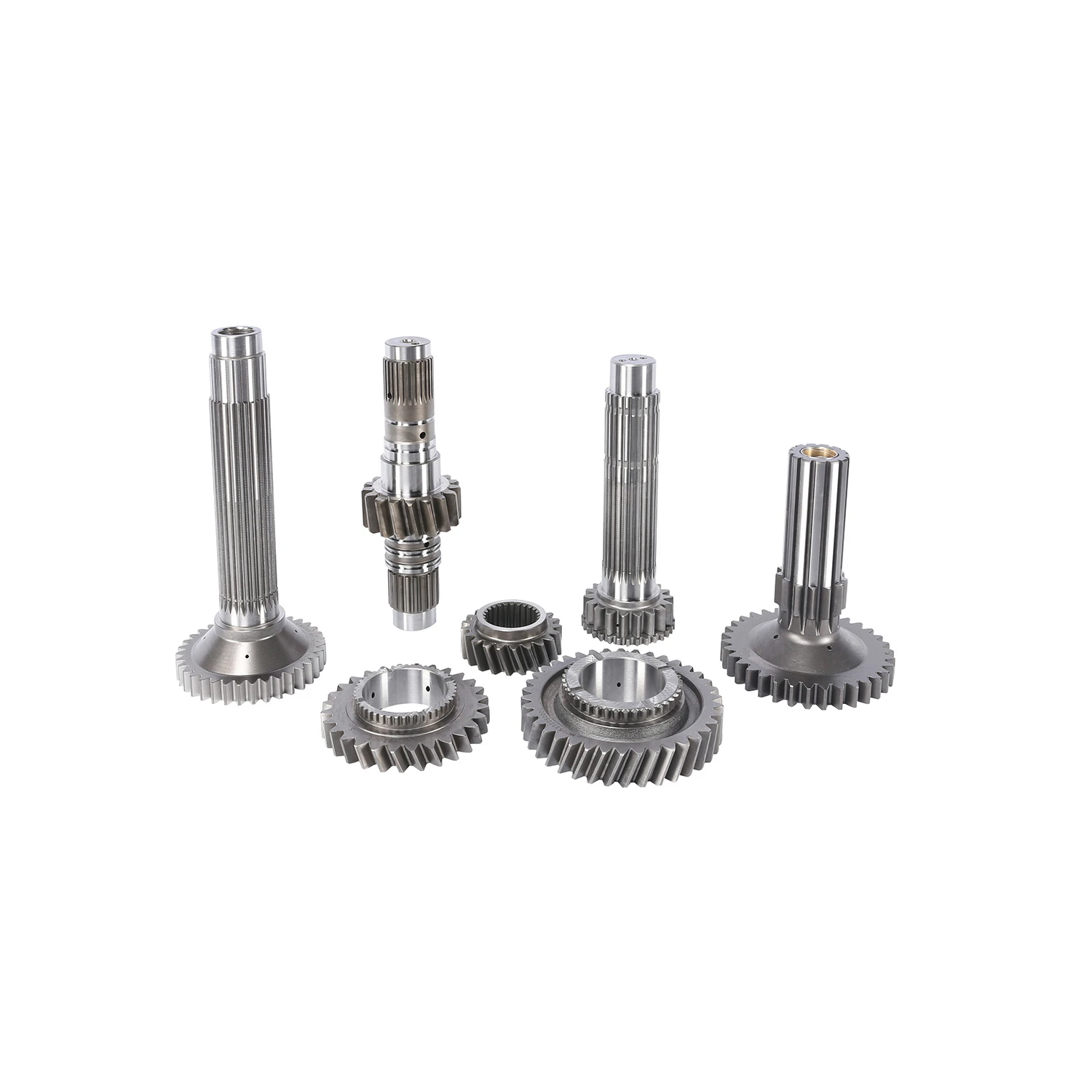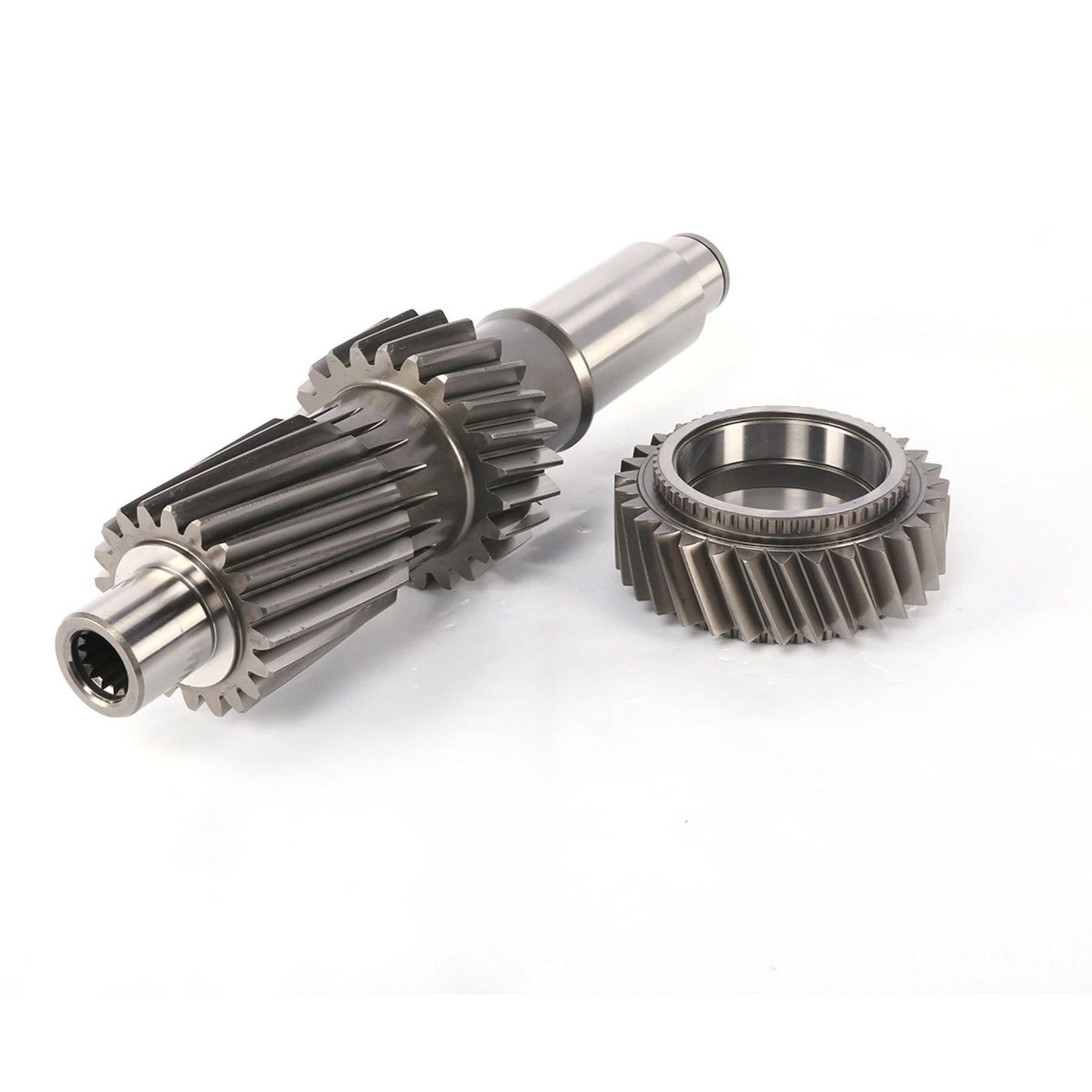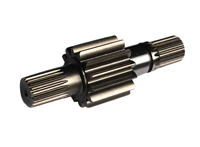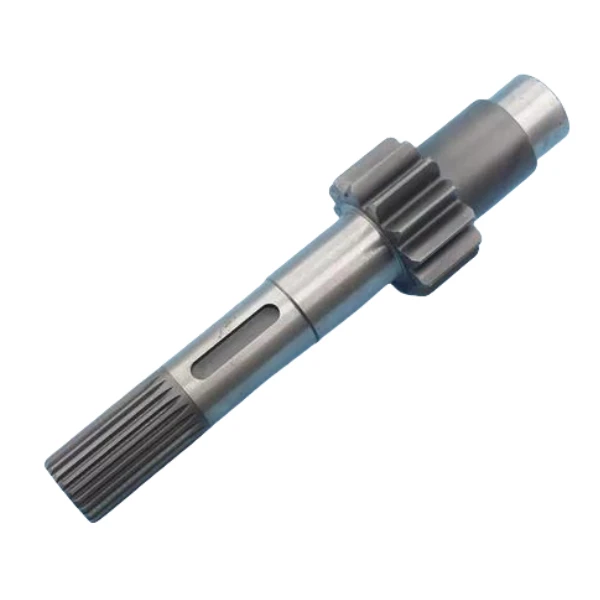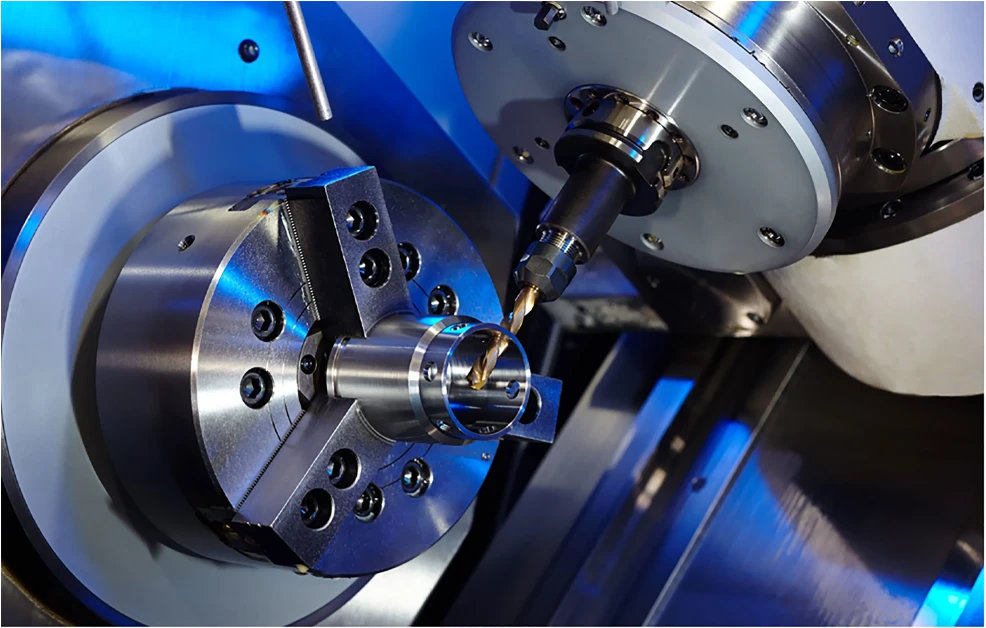Navigating the Complex Landscape of Tractor Pricing
The agricultural and construction machinery markets are diverse, with tractors being a crucial investment for many operators. Understanding the factors influencing tractor cost, hand tractor price, power track tractor price, power tractor price, and all tractor price is essential for making informed purchasing decisions. Whether it's for small - scale farming, large - scale agricultural operations, or construction projects, the price of tractors can vary significantly based on multiple elements.
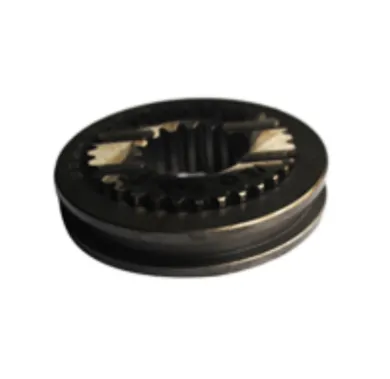
Deciphering the Elements Affecting Tractor Cost
The tractor cost is determined by a combination of factors. One of the primary drivers is the type of tractor and its intended use. For instance, tractors designed for heavy - duty construction tasks tend to be more expensive than those used for basic farming operations. The size and power of the tractor also play a major role. Larger tractors with higher horsepower engines generally come at a steeper cost. Advanced features such as precision guidance systems, automated controls, and enhanced hydraulic capabilities can add significantly to the tractor cost. Additionally, the brand reputation and the quality of manufacturing contribute to the price. Well - established brands known for reliability and durability often price their tractors higher.
Another significant factor is the cost of materials and components used in the tractor's construction. High - quality steel, engines, and transmissions are not only more durable but also more expensive to produce. Research and development costs, which go into creating more efficient, environmentally friendly, and technologically advanced tractors, are also factored into the tractor cost. For example, tractors that meet strict emissions standards may require additional components and engineering, increasing their overall price.
Analyzing Hand Tractor Price Points
Hand tractor price typically falls on the lower end of the tractor pricing spectrum. These tractors are designed for small - scale farming and light - duty tasks, making them more accessible to small - scale farmers and those with limited budgets. Hand tractors are usually less complex in design, with smaller engines and fewer advanced features compared to larger, more powerful tractors. Their size and simplicity contribute to a lower manufacturing cost, which is reflected in the hand tractor price.
However, the hand tractor price can still vary depending on several factors. The brand of the hand tractor can influence its cost, with more well - known brands often charging a premium for their products. The quality of the engine and other components also plays a role. Tractors with more reliable engines and better - quality parts may be priced higher. Additionally, any additional features, such as attachments for different farming tasks (like plowing, tilling, or harvesting), can increase the hand tractor price. For example, a hand tractor that comes with a built - in seeder attachment will likely cost more than a basic model.
Understanding the Price Dynamics of Power Track Tractors
Power track tractor price is influenced by the unique characteristics and capabilities of these machines. Power track tractors are designed for heavy - duty applications where high traction and stability are required, such as in rough terrains or muddy fields. Their tracked design, as opposed to traditional wheeled tractors, provides better ground contact and reduces soil compaction, but it also adds to the manufacturing complexity and cost.
The power and performance of power track tractors contribute significantly to their price. Tractors with higher horsepower engines and advanced hydraulic systems capable of handling heavy - duty implements are more expensive. The durability and quality of the tracks themselves are also a major factor in determining the power track tractor price. Tracks made from high - quality materials that offer longer lifespan and better performance in various conditions command a higher price. Additionally, any specialized features, such as climate - controlled cabs, advanced navigation systems, or automated operation functions, can further increase the power track tractor price.
Unraveling the Components of Power Tractor Price
Power tractor price encompasses a wide range, depending on the specific type, size, and features of the tractor. In general, power tractors are more powerful than hand tractors and are used for a variety of tasks, from large - scale farming to construction work. The engine size and power output are key determinants of the power tractor price. Tractors with larger, more powerful engines are typically more expensive, as they require more advanced engineering and higher - quality components.
The transmission system also affects the power tractor price. Tractors with more sophisticated transmission systems, such as continuously variable transmissions (CVTs) that offer smooth and precise speed control, are often priced higher than those with basic manual transmissions. The availability of additional features, like front - end loaders, backhoes, or other attachments, can also significantly impact the power tractor price. These attachments enhance the tractor's versatility but come at an added cost. Brand loyalty and market demand also play a role in setting the power tractor price, with popular brands often able to command higher prices for their products.
Exploring the Concept of All Tractor Price
When considering all tractor price, it's important to recognize the vast range within the tractor market. From small, inexpensive hand tractors to large, high - end power track tractors, the price spectrum is broad. Analyzing all tractor price trends can help buyers understand the market as a whole and identify potential cost savings or investment opportunities.
Market competition has a significant impact on all tractor price. When multiple manufacturers offer similar tractors, price competition can drive down costs, benefiting buyers. However, in cases where a particular tractor has unique features or a strong brand reputation, it may maintain a higher price despite competition. Technological advancements also influence all tractor price. As new technologies are introduced, tractors with these features may be priced higher initially, but over time, as the technology becomes more widespread, prices may become more competitive. Additionally, economic factors such as inflation, currency fluctuations, and changes in the cost of raw materials can affect all tractor price across the board.
FAQs on Tractor Pricing
How Can I Find the Best Deals on Tractors?
To find the best deals on tractors, start by researching multiple manufacturers and dealers. Compare prices, features, and warranties offered by different sellers. Consider attending agricultural or construction equipment auctions, where you may be able to find used tractors at lower prices. Additionally, look for seasonal sales, promotions, or special financing options offered by dealers. Another option is to consider purchasing a used tractor from a reliable source. Just be sure to have the tractor inspected thoroughly before buying to ensure it is in good working condition.
Are There Any Hidden Costs Associated with Tractor Purchases?
Yes, there can be hidden costs associated with tractor purchases. These may include maintenance and repair costs, especially for tractors with complex features or advanced technology. The cost of fuel can also be a significant ongoing expense, depending on the tractor's fuel efficiency and usage. Insurance for the tractor is another cost to consider, as it is necessary to protect your investment. Additionally, if you need to purchase additional attachments or implements for the tractor, these can add to the overall cost. Some dealers may also charge fees for delivery, setup, or training on how to use the tractor, so it's important to clarify all potential costs before making a purchase.
How Do Tractor Prices Vary by Region?
Tractor prices can vary by region due to several factors. In areas with a high demand for tractors and limited supply, prices may be higher. Transportation costs can also impact prices, as tractors need to be shipped to different regions. Local taxes, tariffs, and import duties can add to the cost of tractors, especially in regions where these are high. Additionally, the cost of living and economic conditions in a region can influence tractor prices. In regions with a higher cost of living, prices for tractors may be adjusted accordingly to account for the higher operating costs of manufacturers and dealers.
Can I Negotiate the Price of a Tractor?
In many cases, it is possible to negotiate the price of a tractor. Dealers may be willing to offer discounts, especially if you are purchasing multiple tractors or if the tractor has been in stock for a while. Be prepared to do your research and know the market value of the tractor you are interested in. Point out any flaws or areas where you think the price could be adjusted. You can also negotiate additional perks, such as free maintenance for a certain period, free delivery, or the inclusion of additional attachments at no extra cost. However, keep in mind that some dealers may have less flexibility in pricing, especially for popular or in - demand tractor models.
What Should I Consider When Comparing Tractor Prices?
When comparing tractor prices, consider more than just the upfront cost. Look at the tractor's features, performance, and durability. A cheaper tractor may end up costing more in the long run if it requires frequent repairs or has poor fuel efficiency. Check the warranty offered by the manufacturer or dealer, as a longer and more comprehensive warranty can provide added peace of mind. Consider the availability of parts and service in your area, as this can impact the cost and convenience of maintaining the tractor. Also, factor in any additional costs, such as insurance, fuel, and attachments, when comparing prices to get a more accurate picture of the total cost of ownership.
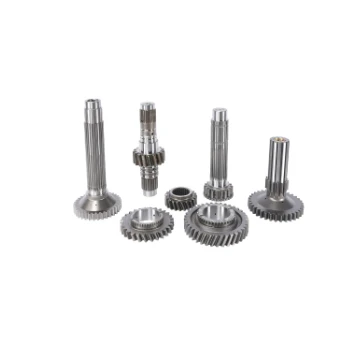
The agricultural and industrial machinery sector is experiencing remarkable growth, and at the heart of this expansion lies the trade and supply of tractors.
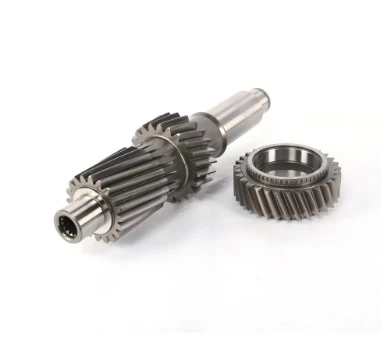
In the world of heavy - duty construction, the seamless operation of machinery is crucial for large - scale projects.
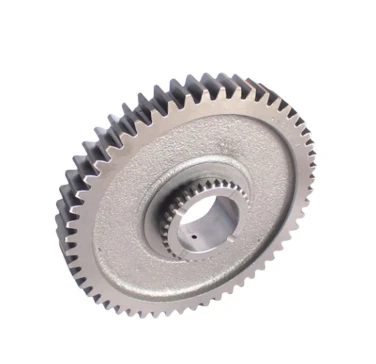
The world of tractors is vast and varied, catering to both practical agricultural needs and the passionate interests of collectors.
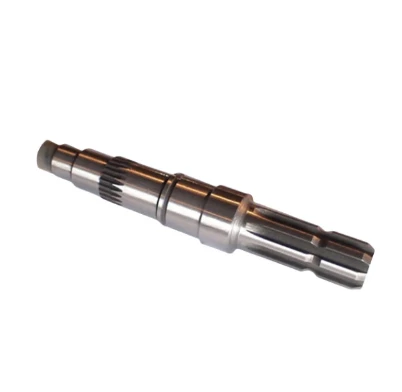
The agricultural and construction machinery landscape is constantly evolving, with tractors standing as essential workhorses for a variety of tasks.
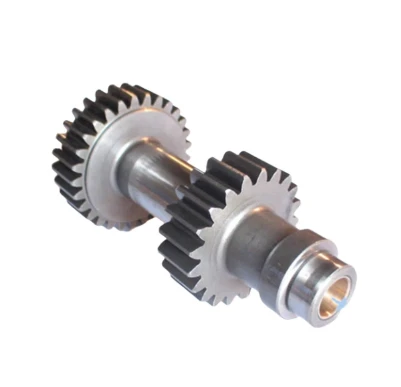
In the intricate world of mechanical engineering, gears are fundamental components that enable the seamless transfer and manipulation of power.
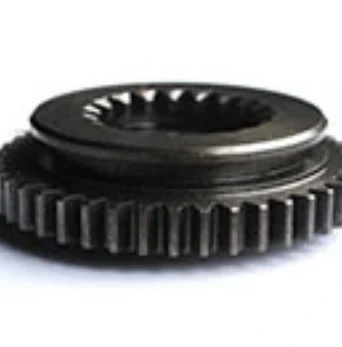
The market for tractors is a bustling hub, catering to a wide range of needs from large - scale farming operations to small - scale gardening projects.
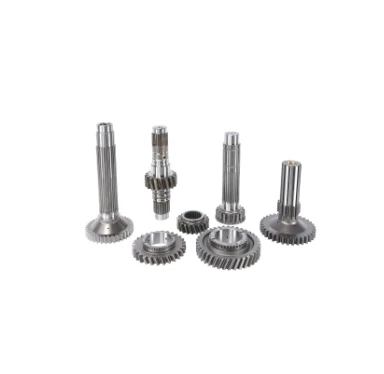
In the dynamic world of farming, machinery has become an essential part of efficient and productive operations.
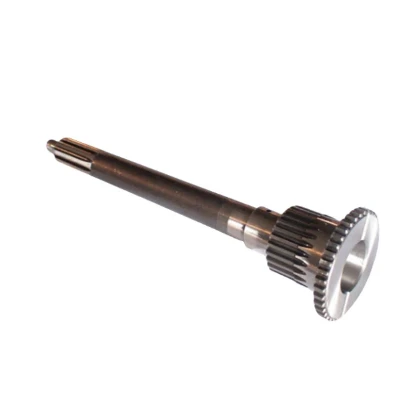
In the expansive realm of agriculture, various tools and machines play crucial roles in ensuring efficient crop production and overall farm management.
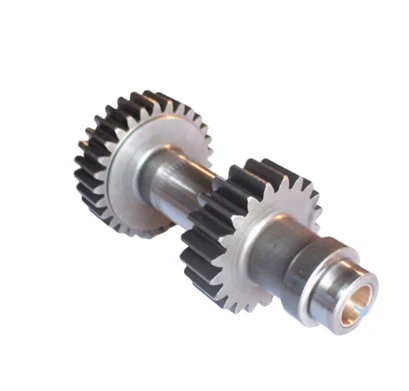
Tractors are essential workhorses in the agricultural and construction sectors, playing a pivotal role in a wide range of tasks.
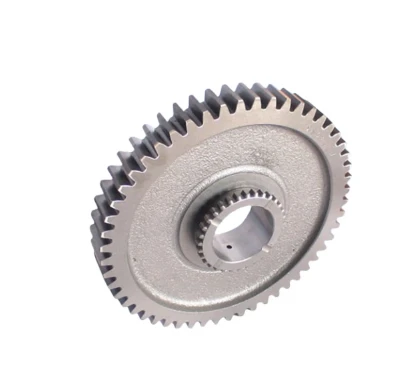
The agricultural and construction sectors rely heavily on tractors for their operations, and the entities involved in the production, distribution, and pricing of these machines shape the industry's trajectory.
International layout
Spread all over the world
our products are exported to various parts of the world. Currently, our products have been exported to more than 40 countries Our products cover Asia, Europe, Africa, South America, North America, and Oceania
Sign up
for Newsletter
Subscribe to the weekly newsletter for all the latest updates


